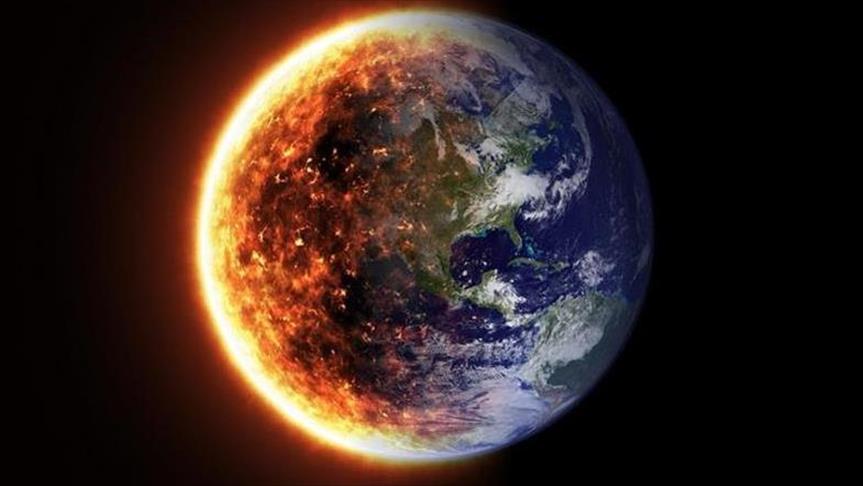Global decarbonization scenarios produced by oil majors bp, Royal Dutch Shell and Equinor are inconsistent and incompatible with the climate objectives of the Paris Climate Agreement, a new study led by research organization Climate Analytics finds.
Researchers analyzed six institutional scenarios between 2020 and last year, two of which were from bp, one from Royal Dutch Shell, one from Equinor and two developed by the International Energy Agency (IEA).
Robert Brecha, a co-lead author of the study, which is in the peer-reviewed paper published Tuesday in Nature Communications, found that most of the scenarios evaluated would be classified as inconsistent with the Paris Agreement as they fail to limit warming to 'well below' 2ºC, let alone 1.5ºC, and would exceed the 1.5ºC warming limit by a significant margin.
The Paris Agreement, the first global agreement on the fight against climate change by undertaking ambitious efforts, came into force on Nov. 4, 2016.
The agreement's central aim is to keep the global temperature rise well below 2ºC above pre-industrial levels and pursue efforts to limit the global warming rise even further to 1.5ºC this century. To achieve this, countries need to reduce greenhouse gas emissions drastically.
'Energy system transformation is critical to reaching the Paris Agreement warming limit, and decision makers need sound and transparent scientific assessments. This paper adds to that transparency,' Brecha said.
According to the analysis, most of the evaluated scenarios would be classified as 'lower 2ºC pathways' that keep peak warming below 2ºC with a 66% chance or more.
The study finds that Equinor's 'Rebalance' scenario peaks at median warming of 1.73ºC above pre-industrial levels in 2060 while bp's 'Rapid' peaks at 1.73°C in 2058. Shell's 'Sky' scenario peaks at 1.81°C in 2069, and the IEA's sustainable development scenario (SDS) at 1.78°C in 2056.
The only scenario which is aligned with the criteria for Paris Agreement consistency that the researchers applied in the study is the IEA Net Zero 2050 scenario.
'bp's Net Zero scenario results in a median peak warming of 1.65°C, too high to be consistent with the Paris Agreement criteria – every fraction of a degree matters,' it said in the analysis.
'Fossil fuel companies claim that we can continue to burn oil and gas while keeping to the 1.5°C warming limit and they cite their own scenarios as justification,' Bill Hare, CEO and senior scientist at Climate Analytics said.
'But our research shows that their pathways would bust the Paris Agreement. Even temporarily exceeding the 1.5°C warming would lead to catastrophic impacts and severely weaken our ability to adapt to climate change.”
Matthew Gidden, a co-author of the study, also noted that institutional assessments have historically been opaque on climate outcomes.
'Our study provides a direct line of sight from pathways to temperature. Governments should use these tools to carry out a robust assessment of the energy-system transformation to meet the Paris Agreement goals,' he said.
By Nuran Erkul Kaya
Anadolu Agency
energy@aa.com.tr


